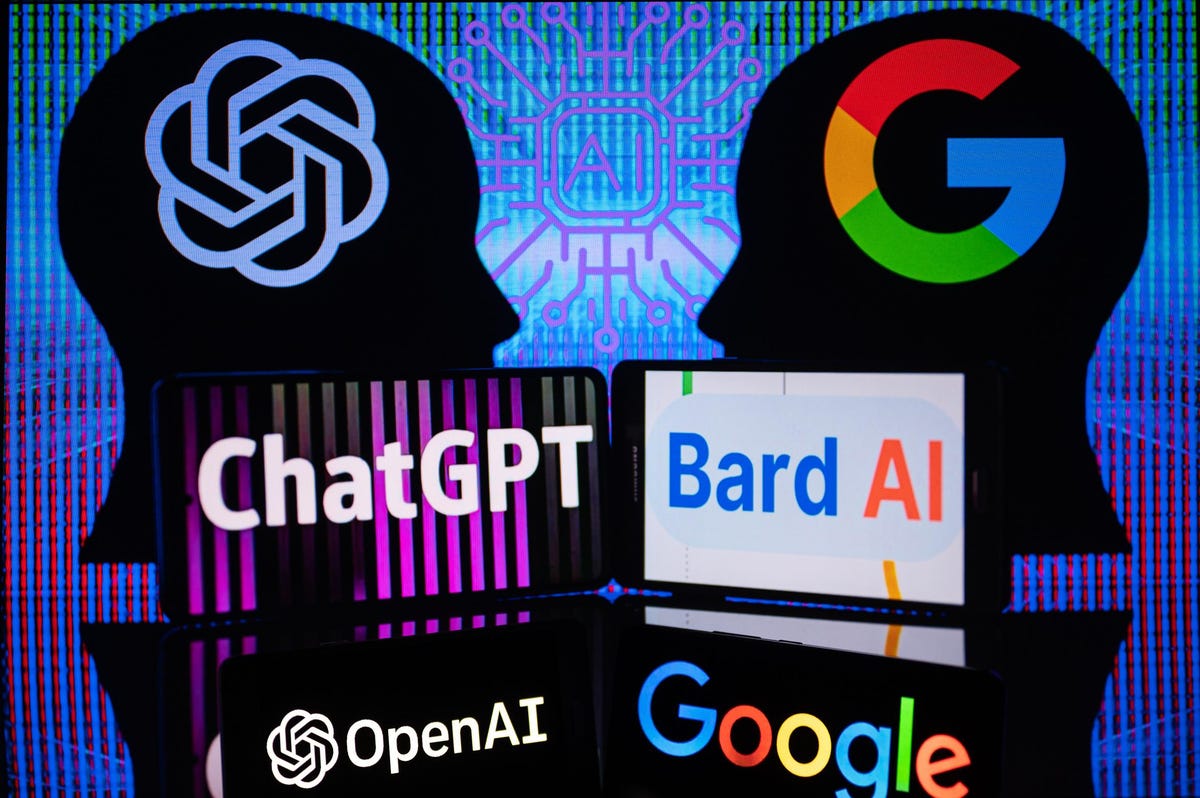Large Language Models (LLMs), the technologies underpinning chatbots like ChatGPT, are creating cascading waves of emerging paradigm-shifting opportunities by redefining how we accumulate, organize, and disseminate knowledge-based information. Within a week of the ChatGPT launch, one million people had used it; within two months, the number soared to 100 million. The hockey stick adoption rate is being hailed as a game-changing Generative Artificial Intelligence (AI) based productivity enhancement technology. Global competition amongst entrepreneurs and investors is hastily deploying Research and Development (R&D) resources to create cutting-edge AI-based productivity tools for a gamut of industries. Early users of the nascent ChatGPT are amazed at its ability to deliver work products at near-human levels of sophistication.
We are just at the tip of the iceberg. The benefits and impact of Generative AI tools like ChatGPT on industries have only begun to occur, harbingering generational job role shifts. By consolidating the knowledge of the collective, these tools can unleash substantial productivity gains and accelerate growth. With the ability to produce content on command, these productivity enhancement tools are expected to deliver work products more quickly and efficiently than ever. The hybrid human/AI mix offers exciting possibilities for the future of work. According to a report by Goldman Sachs, Generative AI could raise global GDP by 7%.
ADVERTISEMENT
While ChatGPT has aroused a lot of excitement, it has also elicited ominous projections of potential job losses; subliminal messaging through biased responses; usage for malicious propaganda and harmful activities; taking over of the human race, and more. However, machines replacing jobs is an age-old fear. New technologies have historically created jobs to replace the ones obsoleted. Unlike prior technology innovations that have typically replaced unskilled labor, Generative AI can also undertake white-collar tasks. While there is no indication of disruption in job markets, it cannot be completely ruled out.
By analyzing and interpreting vast repositories of data, AI can provide valuable assistance to individuals working in tech (coders, computer programmers, software engineers, data analysts, etc.), media (advertising, content creation, journalism, entertainment, etc.), legal (paralegals, legal assistants, etc.), market research, medical, education, gig economy/freelancing, liberal arts, STEM (science, technology, engineering, mathematics), gaming, finance, security/defense, and many more.
With the help of Generative AI coding assistants, engineers can write code more efficiently, potentially paving the way for a future in which, rather than writing code themselves, software engineers will concentrate on instructing AI tools to write code. The primary focus could morph into qualifying work products produced by machines. These new working models will have applications across many fields. Using Generative AI tools to quickly create a first draft, after that, for a human to further correct, enhance, and deliver the final product in shorter task completion times, can significantly boost worker productivity across many job roles. Task-based programming, writing, and research dominate the freelance gig economy job market. The advent of productivity-enhancing Generative AI tools could have significant implications for the freelancing job market segment.
ADVERTISEMENT
In education, teachers can use Generative AI tools to create customized learning materials. AI tools can analyze data and patterns in healthcare to enhance diagnosis accuracy and help develop targeted drugs and personalized treatment plans. Similarly, in agriculture, the tools can assist farmers in making better decisions about crop planting and resource usage using weather and soil data, resulting in higher yields and operational efficiencies. In manufacturing, data analysis from sensors and machines can optimize production processes by identifying operational inefficiencies, leading to improved production throughputs, product quality, and lower costs.
Microsoft
MSFT
GOOG
AMZN
TSLA
BIDU
ADVERTISEMENT
ChatGPT has attracted a surge of early adopters keen on keeping up with technological advancements and staying ahead of the curve. Employees at all levels within organizations are exploring various AI tools to automate time-consuming tasks or accelerate the delivery of their work products. Numerous companies have begun integrating ChatGPT-type tools into their product offerings, a few examples of which are as follows:
Salesforce is integrating OpenAI’s technology to create its Generative AI-based customer relationship management tools. It will also add a ChatGPT app to Slack for conversation summaries, research tools, and writing assistance.
Bain & Company has integrated OpenAI’s technologies, including ChatGPT, into its management systems, research, and other processes. Coca-Cola will be the first major consumer product company to use the system.
ADVERTISEMENT
Snap has launched a new AI feature called My AI on Snapchat+, which allows its 2.5 million subscribers to ask an AI chatbot for various prompts, such as dinner recipes and weekend trip plans. However, Snapchat has cautioned that the AI tool may be susceptible to providing biased, inaccurate, or misleading information.
Quizlet, a website that offers educational tools, has introduced a new feature, Q-Chat, which utilizes OpenAI’s ChatGPT technology to provide one-on-one tutoring services.
Instacart, the grocery delivery and pick-up service, will soon launch a new search engine feature called “Ask Instacart,” incorporating ChatGPT into its app. The feature will enable users to ask open-ended food questions and provide personalized answers from Instacart’s vast database of 1.5 million products sold through 75,000 grocery stores.
ADVERTISEMENT
Shopify
SHOP
Speak, a language learning app, has partnered with OpenAI. It uses its speech-to-text API Whisper for its new AI-speaking companion product to give users real-time feedback when learning a new language.
IBM
IBM
ADVERTISEMENT
H&M chatbot “H&M Home Stylist” provides personalized recommendations based on the customer’s preferences and budget.
Sephora chatbot “Sephora Virtual Artist” uses augmented reality and AI to provide personalized recommendations based on the customer’s skin type, tone, and preferences.
Uber
UBER
ADVERTISEMENT
Despite concerns, the benefits of LLM-based productivity enhancement tools like ChatGPT, in general, are enormous. These technologies can potentially revolutionize how we interact with and utilize technology to improve efficiency, productivity, and quality, thereby transforming a wide range of industries. As AI technology continues to evolve, improve, and be broadly deployed, it will be exciting to see how it elevates the living standards of societies worldwide.
The rise of AI-based productivity enhancement tools is being hailed as the dawn of a new technological era. Staying current and adapting to the changing environment will mitigate obsolescence.
Read the full article here













